Projects Sustainable Maritime Systems
Development of mathematical models to assess operational data of ships under realistic conditions (DiGitShip)
Data
Involved Researchers:
Dr.-Ing. Simon Mewes
Yanxin Feng
Andreas Brehm
Maximilian Kaster
Supervisors:
Prof. Dr.-Ing. Bettar el Moctar
Dr.-Ing. Jens Neugebauer
Funding:
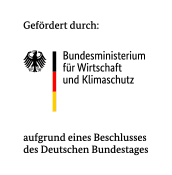
Project Management Organization:

Project Partner:
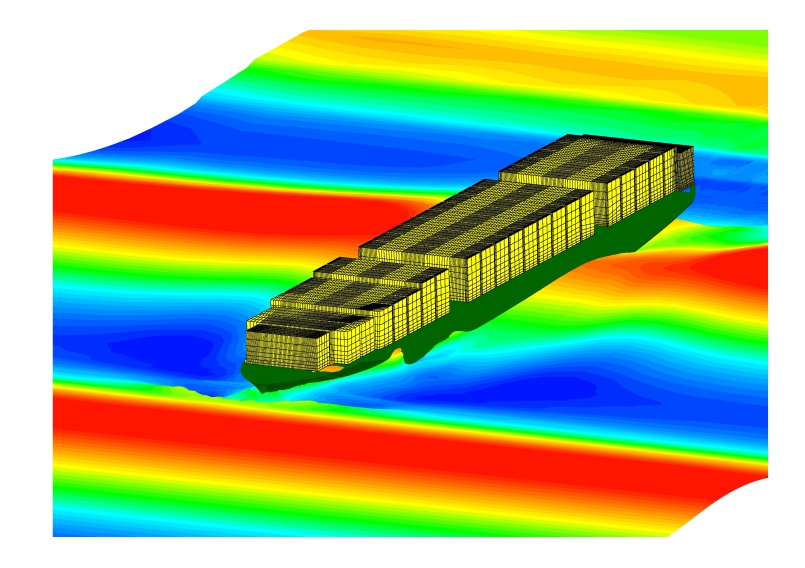
Project Information
The main objective of this project is the development of mathematical models to determine the causes of increased power requirements of ships under realistic operational conditions. This involves the quantitative determination of the individual contributions, such as waves, shallow water, and wind. Long-term full-scale measurements onboard a 14,000 TEU container ship are conducted.
Energy efficiency of coastal ships (SeaPerEffekt)
Data
Involved Researchers:
Dr.-Ing. Guillermo Chillcce
Björn Wierczoch
Supervisors:
Prof. Dr.-Ing. Bettar el Moctar
Dr.-Ing. Jens Neugebauer
Funding:

Project Management Organization:

Project Partner:

Project Information
Short sea shipping plays an important role in the transport chain of sea freight. The main objective of this project is the development of mathematical models to predict the power requirements of coastal ships as well as the development of a routing assistance system. The effects of differences between the targeted and the actual geometry are taken into account in the development of these mathematical models. A separate mathematical model is to be developed for the change in resistance due to fouling, which can be used to determine optimal hull surface cleaning intervals. Longterm full-scale measurements onboard are conducted.
Development and construction of a zero-emission and autonomous research vessel (Smart & Green Ship)
Data
Involved Researcher:
Dr.-Ing. Jens Neugebauer
Supervisor:
Prof. Dr.-Ing. Bettar el Moctar
Funding:

Project Partner:
- Entwicklungszentrum für Schiffstechnik und Transportsysteme (DST)
- Lehrstuhl für Mechatronik
Universität Duisburg-Essen

Project Information
This project deals with developing and building a zero-emission and autonomous research ship. The research ship with a length of about 15 m is equipped with all the technical components necessary for remote control and complete automation. Furthermore, she is equipped with an electric main propulsion system, so that various energy converters can be used. All systems on board are modular in terms of hardware and software and can, therefore, be replaced if necessary.
Development of inland waterway ships for operation under extreme shallow water conditions (FlaBi)
Data
Involved Researchers:
Benjamin Kossmann
Björn Wierczoch
Supervisor:
Prof. Dr.-Ing. Bettar el Moctar
Funding:

Project Management Organization:

Project Partner:
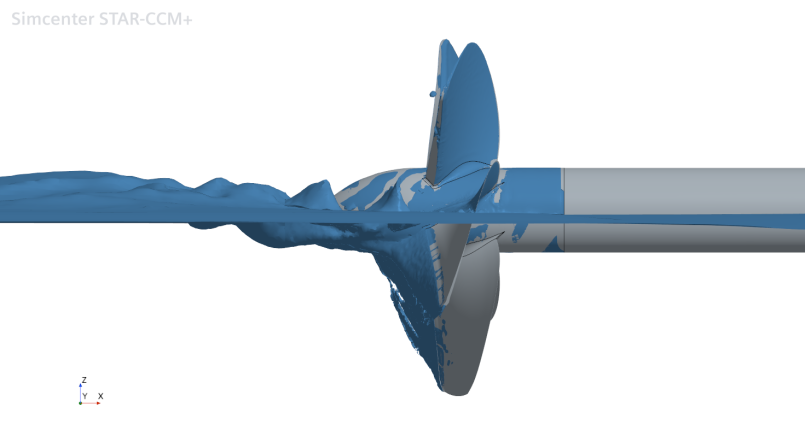
Project Information
Inland waterway vessels are cost-effective and environmentally-friendly compared to other means of transport in terms of transport performance. However, due to the frequent occurrence of long-lasting shallow water periods, the transport of goods on inland waterways had to be reduced significantly. When water levels drop, it seems obvious to adapt the ships to the changing environmental conditions. As part of the FlaBi project, propulsion concepts are developed that are particularly suitable for operating under extreme shallow water conditions. Furthermore, retrofit concepts of inland waterway vessels for navigation at extreme low water levels are developed and validated.
Development of a method to calculate inland waterway emissions (Binem)
Data
Involved Researchers:
Benjamin Kossmann
Björn Wierczoch
Supervisor:
Prof. Dr.-Ing. Bettar el Moctar
Funding:

Project Partner:
- Bundesanstalt für Wasserbau
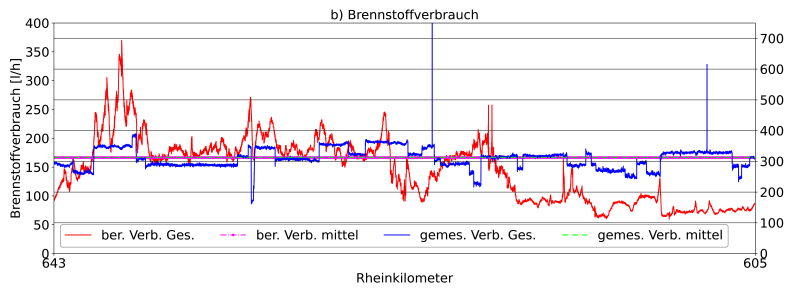
Project Informationen
The aim of this project is to develop and validate a method to calculate emissions caused by inland waterway ships. The method is based on a modular structure. Depending on the kind of vessel and the associated nautical and environmental data, resistance and power are calculated. Emissions are then determined based on specific fuel consumption data and emission factors. The proposed approach is validated against model and full-scale experimental data.
Hydrodynamic shape optimization of ships
Data
Involved Researcher:
Yanxin Feng
Supervisor:
Prof. Dr.-Ing. Bettar el Moctar
Funding:
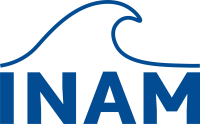
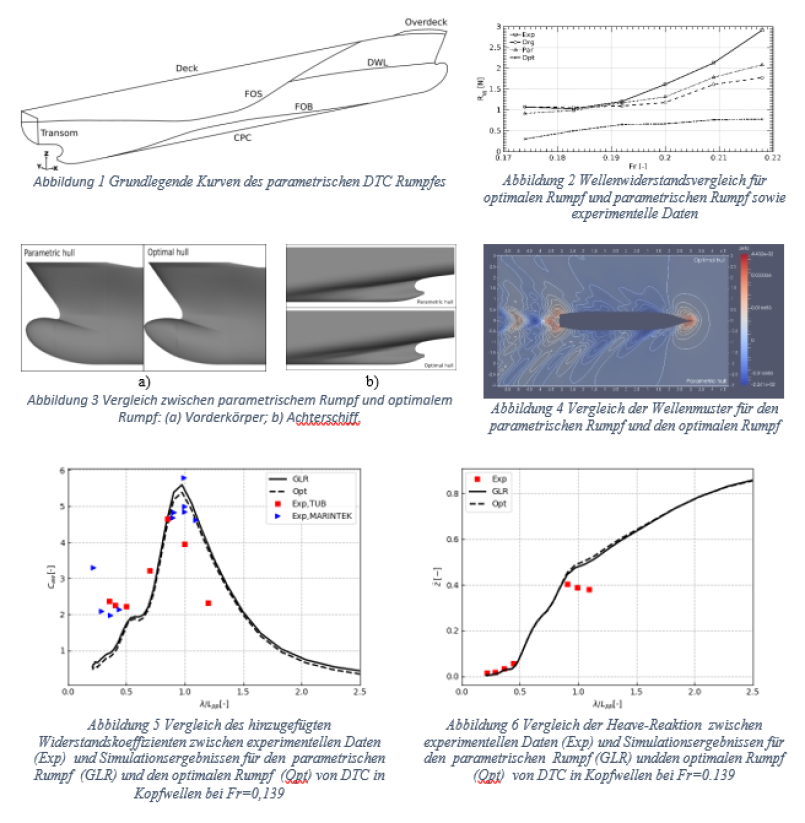
Project Information
The project deals with the hydrodynamic shape optimization of different ship types under realistic operational conditions. Various optimization algorithms are used for this purpose. To predict a ship’s required power, boundary element methods based on potential theory as well as on Reynolds-averaged Navier-Stokes solvers are used. Hydrodynamic optimization is to be carried out under calm water conditions and in waves.

